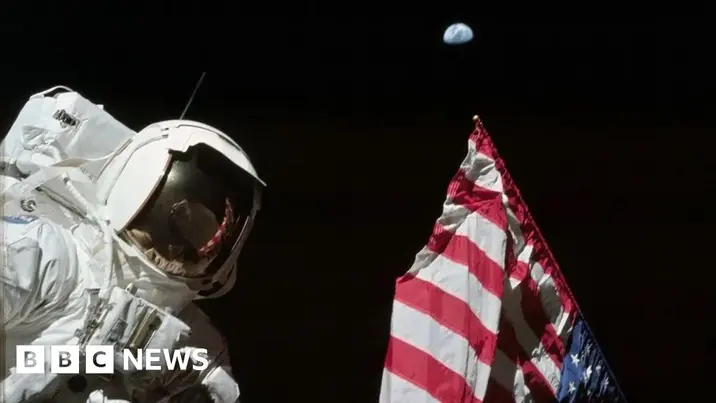T4K3.news
NASA declares end of Lunar Trailblazer mission
NASA's Lunar Trailblazer mission ended without achieving its lunar mapping goals after losing contact shortly after launch.
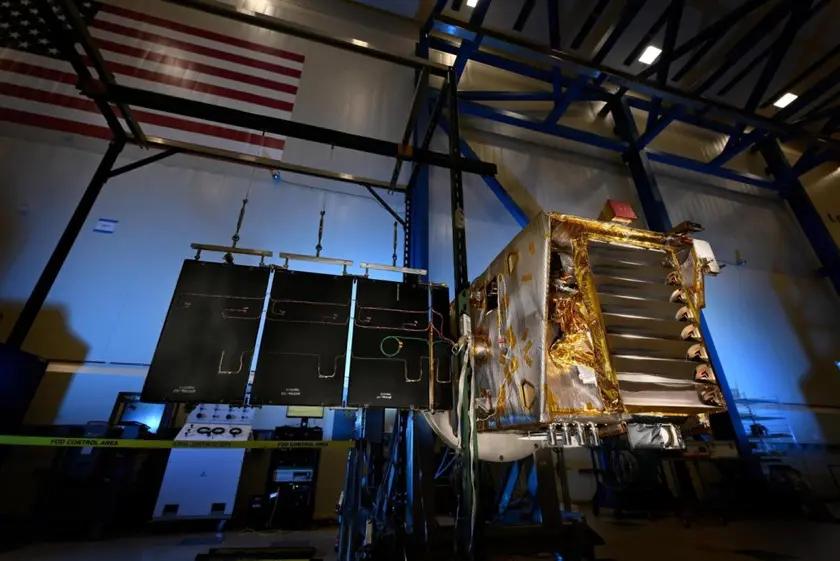
NASA's Lunar Trailblazer mission to the moon concluded without achieving its mapping objectives.
NASA's Lunar Trailblazer mission ends without expected results
NASA has officially declared the end of its Lunar Trailblazer mission, which lost contact just a day after its launch on February 26. The mission aimed to map lunar water resources but fell short when the spacecraft became unresponsive shortly after its successful separation from the SpaceX Falcon 9 rocket. Despite efforts from NASA and global partners to re-establish communication, the spacecraft drifted into deep space, leaving its scientific objectives unmet. Limited data indicated that the solar arrays were not properly oriented towards the sun, leading to depleted batteries. Although the project did not succeed, both NASA and collaborators expressed hope that lessons learned from the mission will benefit future explorations and technologies.
Key Takeaways
"While it was not the outcome we had hoped for, mission experiences like Lunar Trailblazer help us to learn."
This statement from Nicky Fox emphasizes the importance of learning from failures in space missions.
"We're immensely disappointed that our spacecraft didn't get to the Moon, but our knowledge will cross-pollinate to other projects."
Bethany Ehlmann's quote reflects on the disappointment while acknowledging the foundational knowledge gained.
The swift failure of the Lunar Trailblazer mission highlights the inherent challenges of space exploration. Each mission, whether successful or not, contributes valuable insights into the complexities of space technology. While disappointment lingers over the loss of potential scientific data, the collaborative efforts showcased a dedication to continuous learning in an arena where risks are substantial. The mission's failure holds significance for future lunar projects, especially with humanity's renewed focus on sustainable presence on the moon through initiatives like Artemis.
Highlights
- Exploration is a journey, not just a destination.
- Lessons from failure pave the way for future successes.
- The mission may have failed, but science never stops progressing.
- Collaboration is critical in the realm of space exploration.
Mission failure raises concerns over lunar exploration funding
The loss of Lunar Trailblazer may impact future funding and support for lunar missions, raising questions about budget allocations and mission planning.
Continued efforts in lunar explorations remain crucial as humanity eyes the moon once more.
Enjoyed this? Let your friends know!
Related News

NASA plans lunar nuclear reactor by 2030
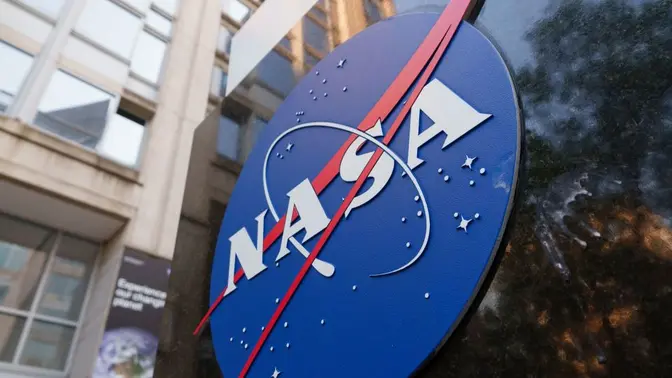
NASA workers issue warning over budget cuts
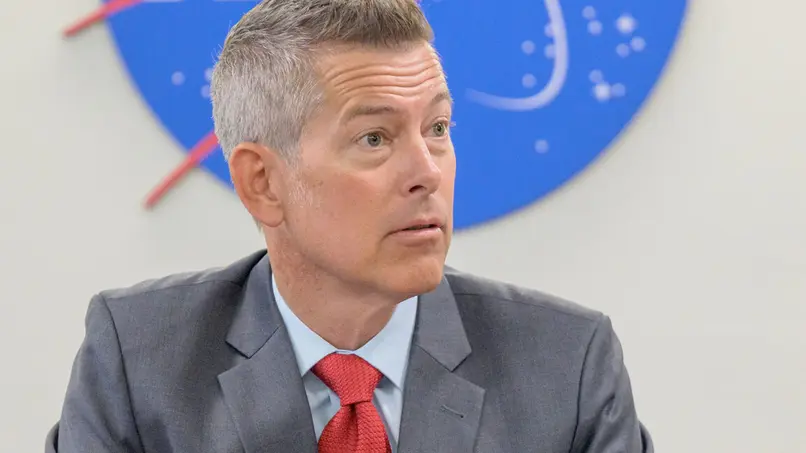
NASA shifts focus away from Earth science
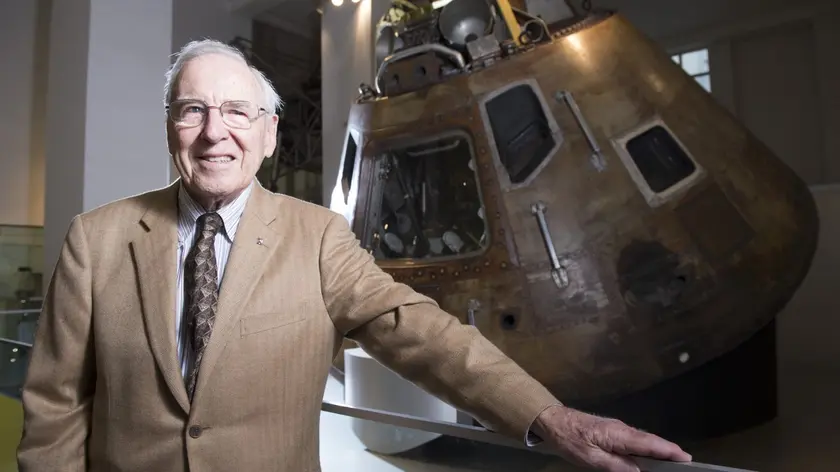
Jim Lovell obituary Apollo 13 leader dies aged 97
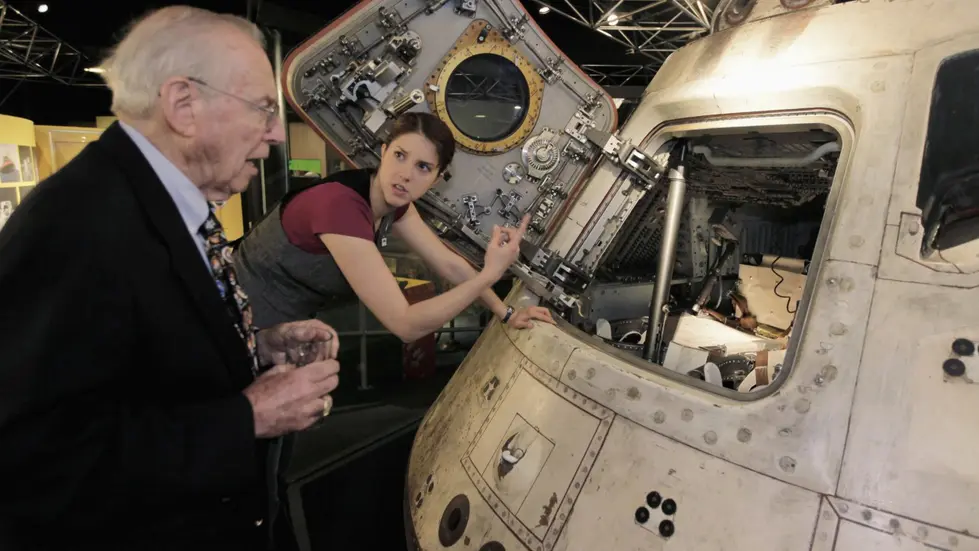
Lovell obituary highlights space leadership
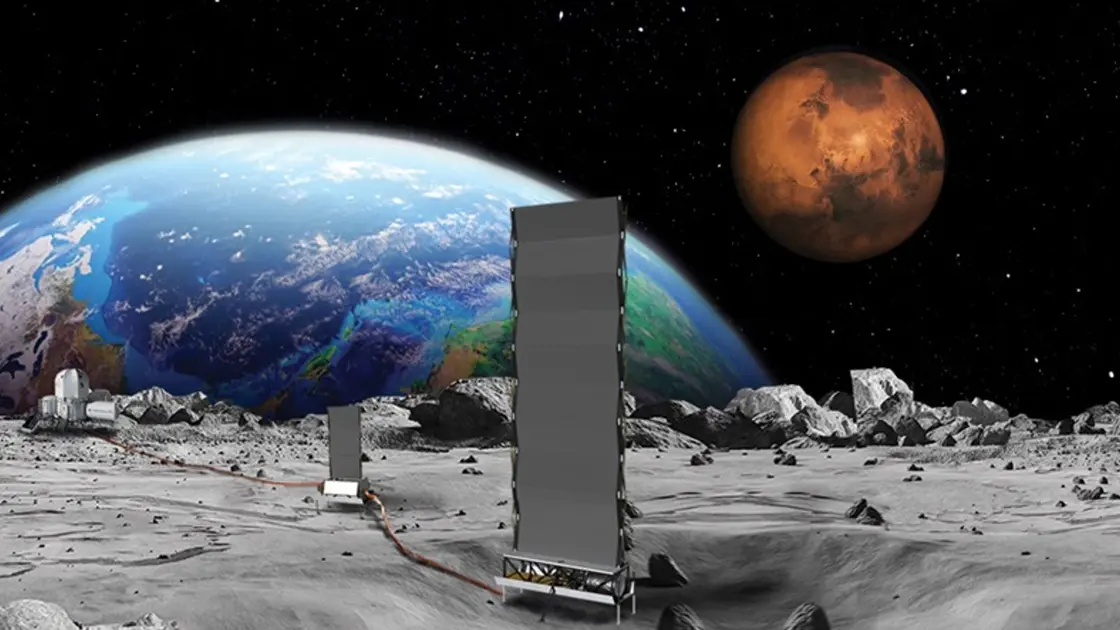
NASA plans to send nuclear reactor to the moon by 2030
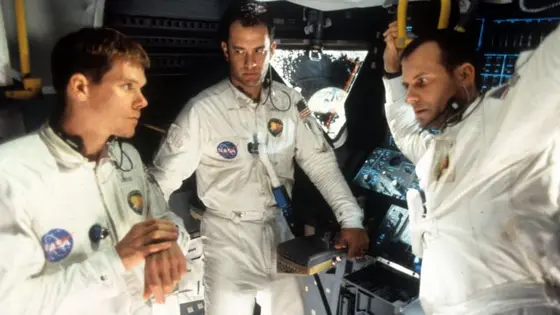
Tribute paid to space figure
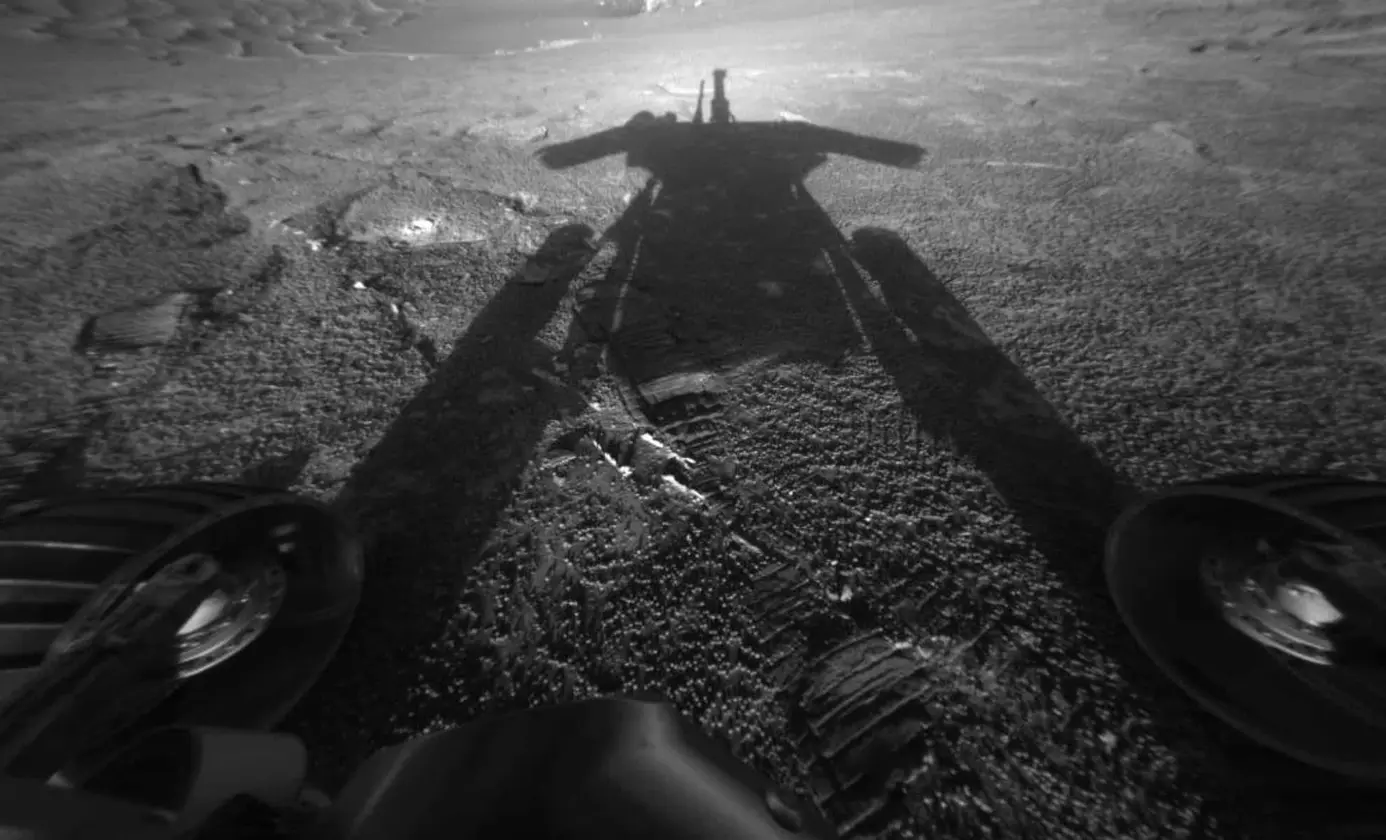
NASA Opportunity Rover Ends Historic Mission
